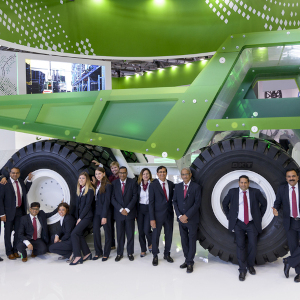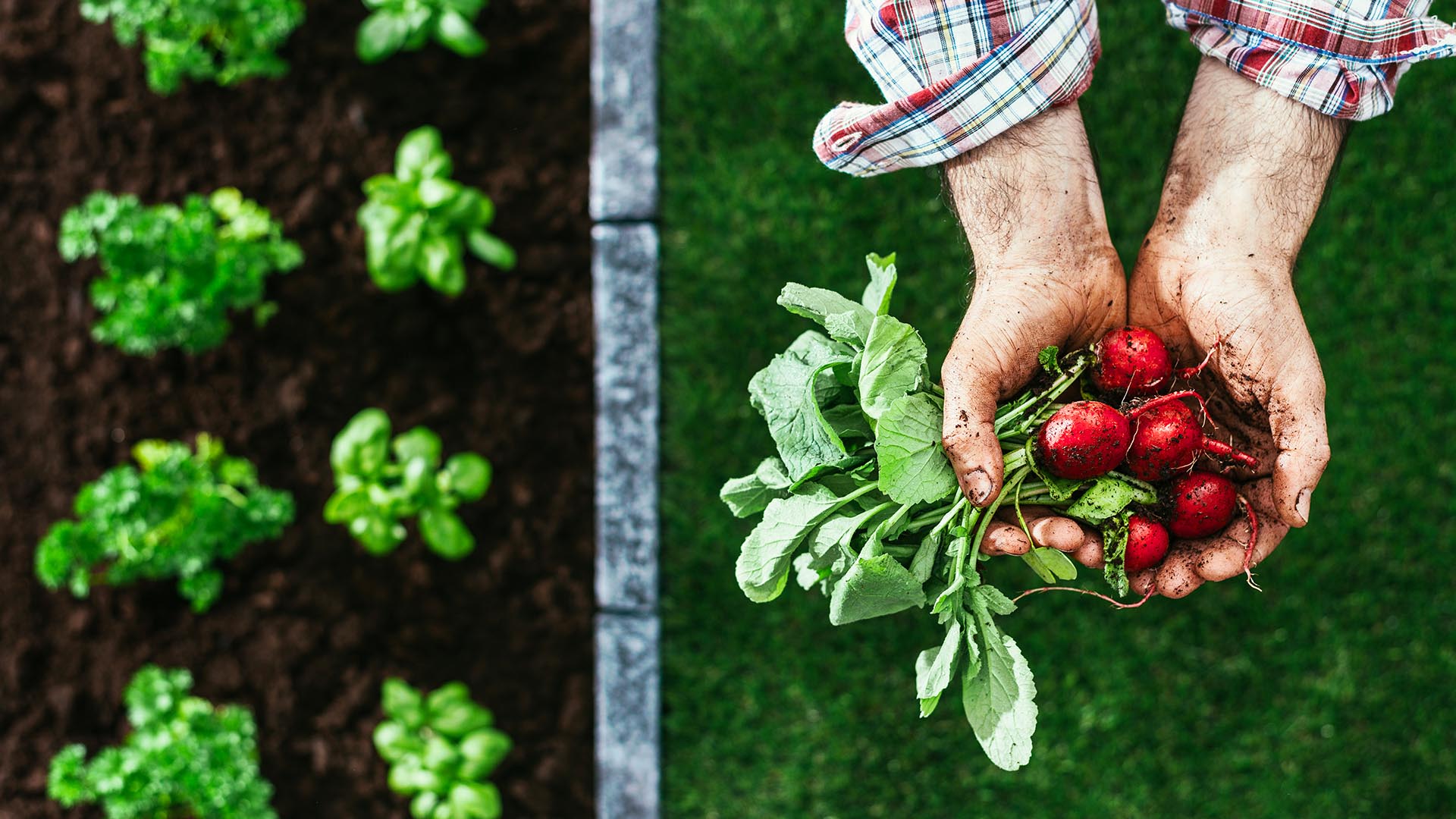Organic farming is up and coming in the world of agriculture. As we take purposeful steps towards a more sustainable future, how does organic farming help us? And what are the challenges it presents?
The term organic means deriving from living matter. In the context of farming, organic refers to the use of naturally occurring products in farming processes - otherwise known as ‘organic farming’. For a while now, organic farming has been growing in popularity amongst many consumers and this is unsurprising given increasing consumer trends towards natural and sustainable products and away from synthetic alternatives. But where did organic farming come from, and what are the advantages and disadvantages of organic farming?
Although not formalised into an approach until much later, we have been growing food using organic processes for 1000s of years, since the agricultural revolution in which humans changed from being hunter-gatherers and turned to agriculture and the domestication of animals. The first formalised concepts of organic farming originated in the early 1900s due to a wave of research and developments in the systems and processes within farming. The approach was pioneered by Sir Albert Howard and a small group of others. Having undertaken agricultural research in India, Howard had observed the more sustainable farming practices utilized there, and set about implementing similar practices in the West.
Why is organic farming gaining popularity within the agricultural industry? Owing to the use of less sustainable farming practices in previous years, experts are becoming increasingly concerned about our dwindling number of remaining harvests. There is now an industry-wide push to try and combat these issues, and preserve agriculture for future generations. This is also propelled by targets to reach Net Zero by 2050.
Organic farming is considered one of the best processes for regenerative agriculture owing to the lack of synthetic or chemical components used. Instead, organic farms use natural pesticides and employ biological fertilisers from plants and recycled animal waste as well as compost to aid plant growth. Chemical and synthetic fertilisers are known to be harmful to the environment, particularly soil health.
But is organic farming the best way forward? What are the advantages and disadvantages? What does organic farming look like in the future? Below we go through a few examples of organic agriculture and summarise the possible advantages and disadvantages.
Ecologically Based Pest Controls
Ecologically based pest controls (natural pesticides) come from natural sources rather than using harsh chemicals. One example could be Bacillus thuringiensis, a bacteria that lives in the soil and fights off caterpillars. The plant pyrethrins also act as an insecticide. The use of ecological pesticides aims to minimise the damage from pests whilst using natural means to be more sustainable and environmentally friendly.
Biological Fertilisers
Fertiliser, natural or synthetic, improves the efficiency and growth of plants and crops. They increase the fertility of the soil and can replace chemical elements that are absorbed by previous crops. Soil fertility is the quality of soil that supports the growth of plants along with the more critical light, moisture, and temperature.
Organic farmers like to steer away from synthetic fertilisers as they aim to create healthy and nutrient-rich soil in a more sustainable process. Biological fertilisers could come under using manure (animal waste), compost (mass rotted broken down organic matter from plant waste), and animal by-products (APDs, materials of an animal that humans cannot consume). Although great for environmental purposes, they do have the potential to host human pathogens, e.g. viruses, bacteria, prion, fungus, etc. They are regulated and must be used between ninety and one hundred and twenty days before harvest for health and safety measures.
Creating synthetic fertilisers used by most farmers requires a lot of fossil fuels and releases greenhouse gases (nitrous oxide, methane, etc.), which need to be reduced to reach net-zero targets.
Cover Crops and Crop Rotation
Planting cover crops is the process of planting plants that are very beneficial to the health of the soil, wildlife, and the ecosystem. The crops are produced at the end of a harvest, so we have perfect plants that attract essential natural pollinators and create a thriving ecosystem instead of an empty, unused, muddy field. This process helps with water infiltration, reduces erosion, and makes more nutritious soil for crops ready for the next harvest.
Rotating crops is when we plant various crops at the end of a current crop harvest on top of the same land used for a different crop. This type of regenerative balances the effects different plant types of crops have on the soil. For example, corn takes in a lot of nitrogen from the ground, so if we were to plant beans next, which puts nitrogen back in the soil, it would create a more harmonious relationship and balance to soil health.
Advantages and Disadvantages of Organic Farming
Here is a brief summary list of the advantages and disadvantages of organic farming.
Advantages:
- Organic farming is more sustainable
- Better for the environment
- Uses fewer chemical pesticides
- Reduces soil erosion
- Reduces greenhouse gases
Disadvantages:
- Bio fertilisers have the potential to host human pathogens, needs to be regulated, and can only be used through a limited window
- More labour intensive
- More expensive to the consumer making it less accessible to some
- Lower crop yields
- More planning and efficient operations are required to implement
What is the future of organic farming? With growing concerns about the world we live in and reaching net-zero targets, the future might be organic. That said, if it is more labour intensive and generates lower crop yields, external pressures may make less established farmers reluctant to give it a go. At this point in time, organic farming cannot compete against the conventional synthetic support of food production despite its significant popularity. Nonetheless, technological advances in this area could help with efficiency and improve crop yields, especially as AI and robotics start becoming more popular.
We go into great detail about organic farming in our 45 minute long global trends episode. You can watch it here.






